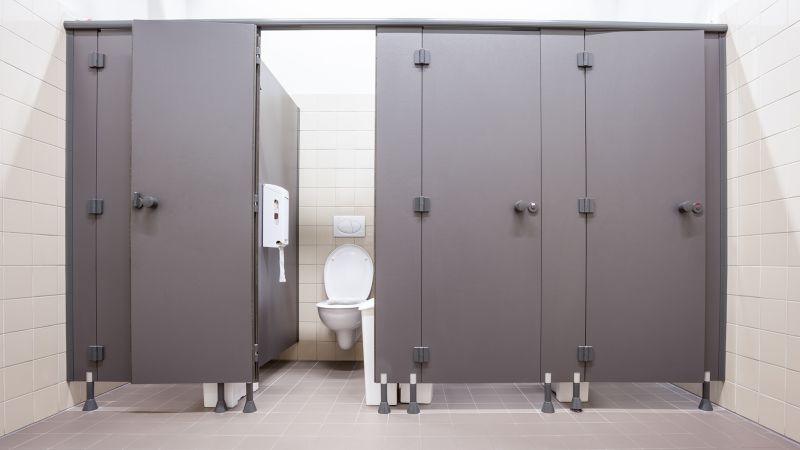[When the Bladder is Begging for Relief: The Risks of Holding Your Pee
When the bladder is begging for relief, ignoring one’s bodily cues for the sake of productivity or lounging around is common. However, holding your pee in every so often can pose threats to your health, especially if it’s a regular, learned behavior.
There’s a complex neurological system that controls urination, and once the bladder is about half full, nerve receptors tell the brain it’s time to pee. However, overriding bodily signals can make them start to be less evident or not work, experts said.
Holding pee in can increase your risk of getting a urinary tract infection, or UTI, which results from bacteria entering the urinary tract. If left untreated, a UTI can ascend into the kidneys and result in the kidney infection pyelonephritis, and if that infection goes unchecked, there can be a bloodstream infection or urosepsis.
Over time, holding pee in too often can strain, and thus weaken, your bladder muscles, which then cannot generate enough force to empty the urine. This makes it harder to empty completely when you finally go, and can enter a vicious cycle of more leftover urine means more risk for infections.
Consistently overriding bodily signals can also make it harder to recognize the urge to pee, and if you can’t pee, don’t wait to see if something changes – seek evaluation from a doctor. Available treatments include self-administered intermittent catheterization, long-term catheterization or sacral neuromodulation.
In more extreme cases, holding pee can cause urine to back up into the kidneys, which can lead to infections, kidney damage or hydronephrosis. The latter is a condition in which the kidneys swell and stretch from the buildup. Not emptying your bladder enough can also cause abdominal pain, cramping or bladder stones.
Heeding your body’s cues as quickly as you can is always best, experts said, especially since you never know when your urethra has encountered bacteria that could lead to a UTI. For the average healthy person, holding your pee for up to a few hours a few times a week isn’t likely to cause harm, but if regularly ignoring your urge to pee goes on for weeks or longer, you’re putting your bladder and kidneys under unnecessary strain.
There are some people for whom delaying urinating can be more dangerous than usual, necessitating more diligence. That applies to those who may not be able to fight infections as well, including older people who may also experience a reduced capacity to urinate normally since aging can be accompanied by growing prostates (for men) and tightening urethras (for women). Those with neurogenic bladder or kidney disorders are also at greater risk of harm from holding their pee.
Source link

